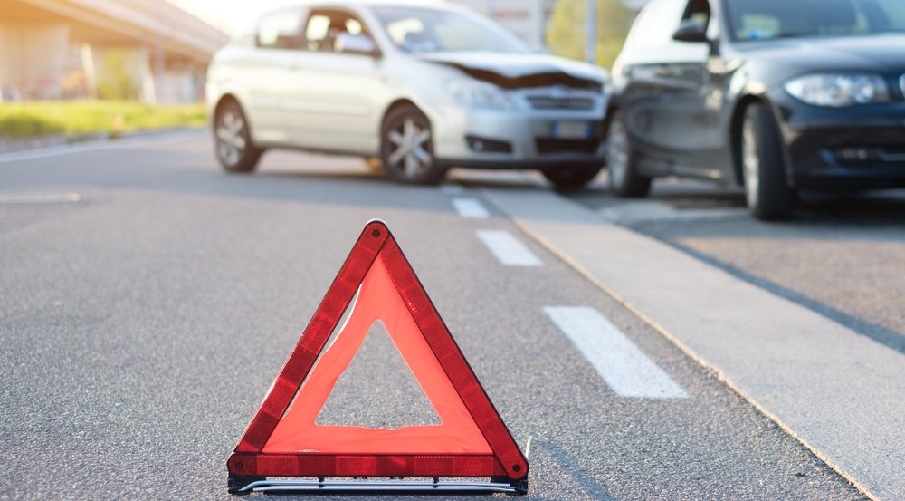Car accidents can be traumatic and overwhelming experiences, leaving drivers and passengers feeling shaken and unsure of what to do next.
However, knowing what to do in the immediate aftermath of an accident is crucial for ensuring your safety and protecting your legal rights.
According to the National Highway Traffic Safety Administration, there were over 36,000 fatalities due to car accidents in the US in 2019, and over 2 million people were injured in car accidents.
These statistics highlight the importance of knowing what steps to take after an accident in order to minimize the risk of injury and property damage.
In this article, we’ll provide a step by step guide for what to do immediately after a car accident, with the added perspective of how a car accident attorney can assist you.
From ensuring safety to collecting information to notifying authorities and insurance companies, we’ll cover all of the key steps you should take in the immediate aftermath of an accident.
By following these steps and consulting with a car accident attorney, you’ll be better equipped to handle the aftermath of a car accident, protect your legal and financial interests, and ensure that you receive the compensation you deserve.
What To Do Immediately After A Car Accident:

After a car accident, it’s normal to feel shaken and unsure of what to do next.
However, the steps you take in the immediate aftermath of an accident can have a significant impact on your physical and financial well being.
Here’s what you should do:
1. Ensure Safety.
The first priority after a car accident is to ensure everyone’s safety.
Check yourself and any passengers in your vehicle for injuries.
If anyone is injured, call 911 or ask someone nearby to do so.
If no one is injured, move your vehicle to a safe location, such as the side of the road.
Turn on your hazard lights and set up warning triangles or flares to alert other drivers.
2. Collect Information.
After you’ve ensured everyone’s safety, it’s important to collect information about the accident.
Exchange contact and insurance information with the other driver(s) involved in the accident.
Record details about the accident, including the time, date, location, and weather conditions.
Take photos of the accident scene and any damage to the vehicles.
3. Notify Authorities and Insurance Company.
Depending on the severity of the accident, you may need to file a police report.
Contact your local law enforcement agency to report the accident if there are injuries, significant property damage, or if the other driver involved in the accident is not cooperating.
Additionally, notify your insurance company of the accident as soon as possible.
Follow any specific procedures or protocols outlined by your insurance company.
Next Steps.
Once you’ve taken the immediate steps to ensure safety, collect information, and notify the necessary authorities, there are a few additional steps you should take.
First, seek medical attention if necessary, even if you don’t feel like you’ve been seriously injured.
Some injuries, such as whiplash, may not become apparent until several hours or days after the accident.
Additionally, follow up with your insurance company to assess the damage and begin the claims process.
Finally, if the accident resulted in significant damage, injuries, or other complications, consider speaking with an attorney to protect your legal and financial interests.
What you should remember?
While car accidents are never easy to deal with, knowing what to do in the immediate aftermath can help you protect your physical and financial well being.
By ensuring safety, collecting information, and notifying authorities and insurance companies, you can take the necessary steps to minimize the risk of injury and property damage, and protect your legal and financial interests.
However, it’s important to remember that the aftermath of a car accident can be a difficult and emotional time.
Don’t hesitate to seek support from friends, family, or a mental health professional if you’re struggling to cope with the aftermath of the accident.
In addition to the immediate steps outlined in this guide, consulting with a car accident attorney can provide additional benefits after a car accident.
An experienced attorney can help you navigate the complex legal system, negotiate with insurance companies, and ensure that you receive the compensation you deserve.
A car accident attorney can review your case and provide advice on the best course of action, including whether or not to file a lawsuit.
If necessary, an attorney can also represent you in court and help you obtain a favorable settlement or judgment.
In cases where fault is disputed or there are multiple parties involved, a car accident attorney can help ensure that all parties are held accountable for their actions.
An attorney can also assist with gathering evidence, identifying key witnesses, and building a strong case on your behalf.






